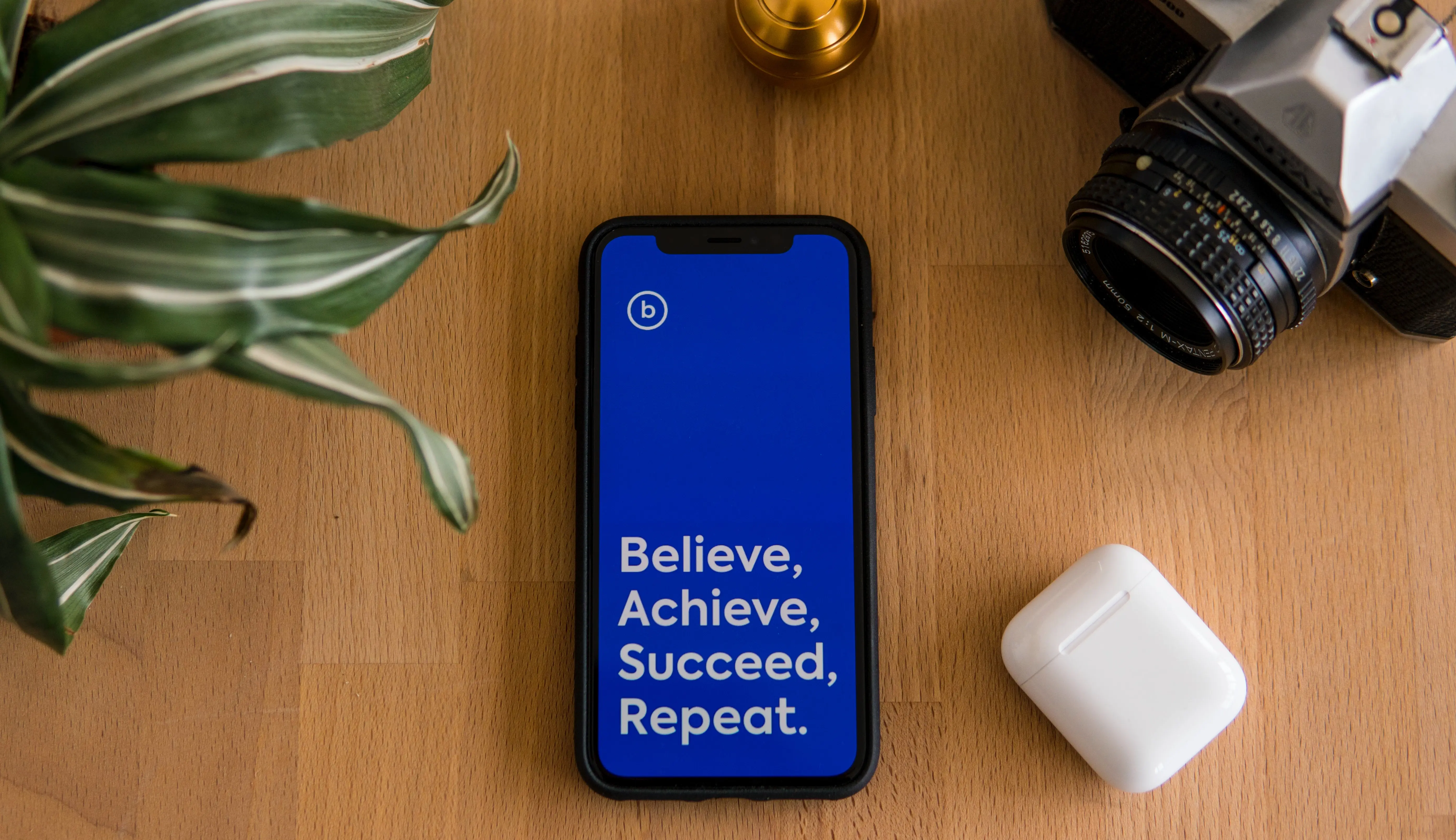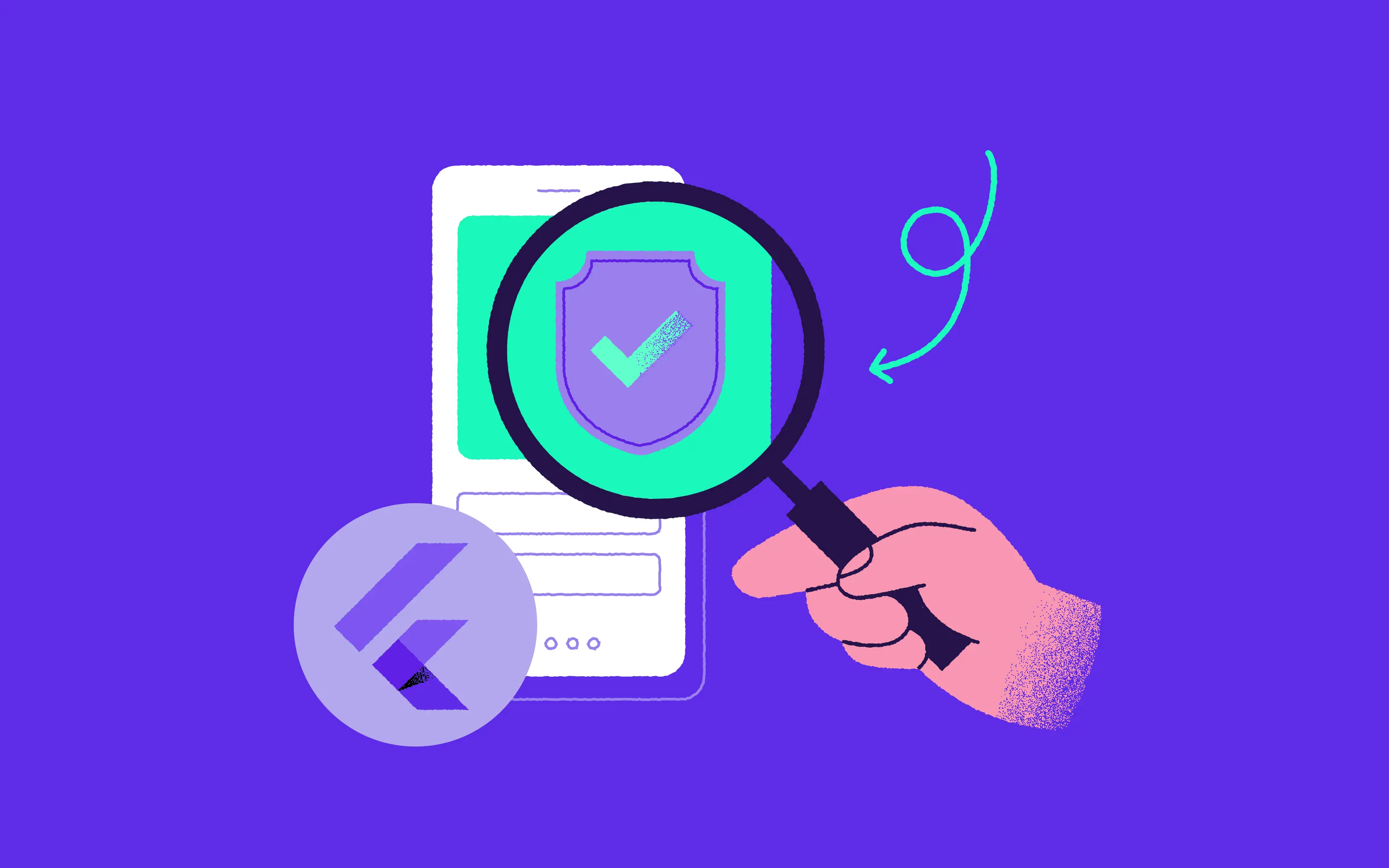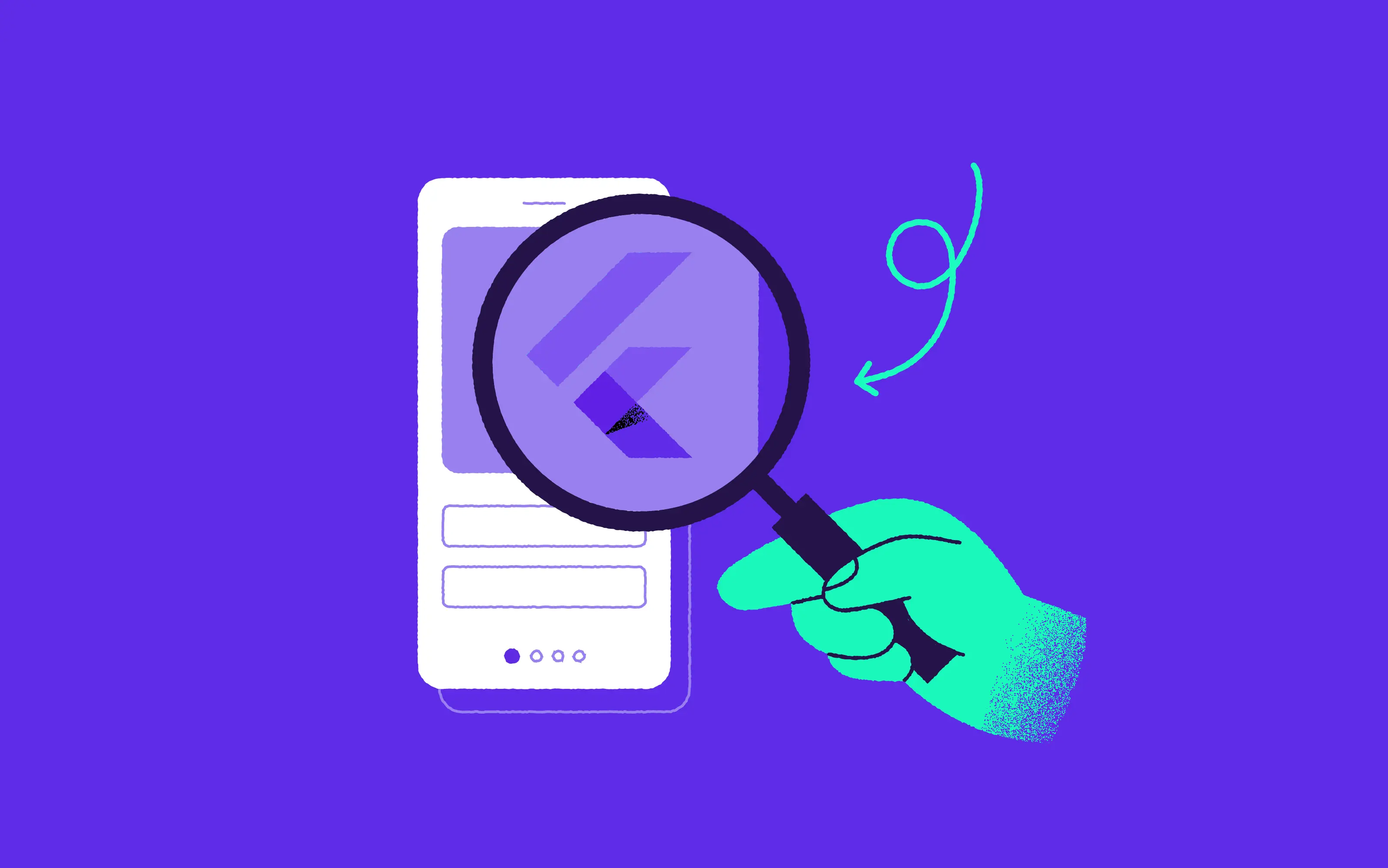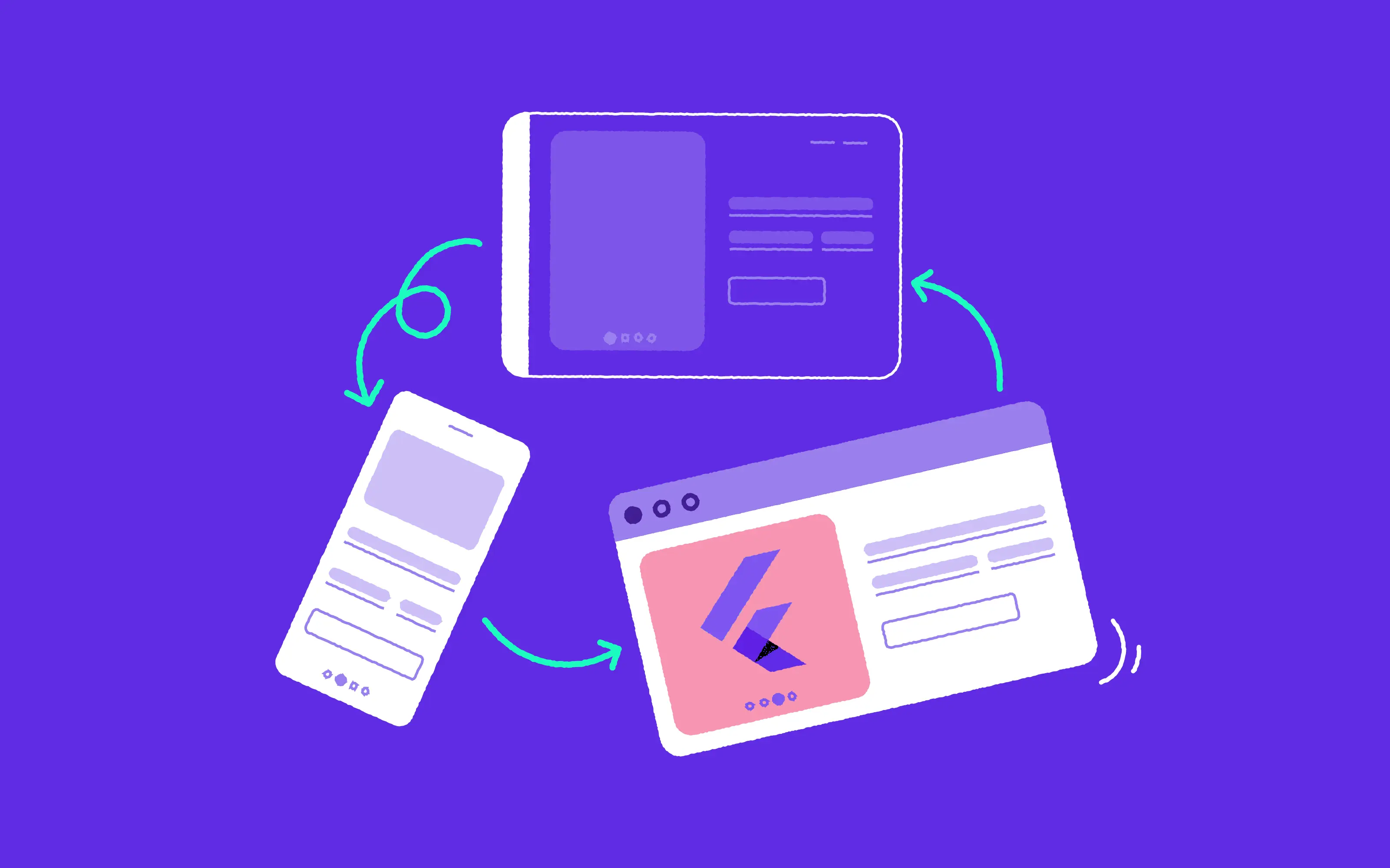
Starting out in any new career is an exciting step, and if you’re about to embark on one in mobile development, you’re most likely eager to pick up new practical skills and to get started on your first project.
You will know that there’s a lot that goes into building an app and that the process consists of a number of phases, from ideation, through design, development and testing - all the way to launch. There are just as many stages that go into becoming a successful app developer. So what tips can we give you to get started with your career? We asked two of our highly experienced mobile developers, Patryk and Kamil, to share their insights.
1. Apply wisely
The market is consistently growing, which is great news. This has led to the opening of lots of development schools and bootcamps, geared not just to recent graduates, but also to people who are looking to requalify. That’s why there are so many candidates for junior mobile developer positions and the market is tough. It therefore makes sense to apply wisely.
Seek out positions that ask specifically for a language that you have a good grounding in and be ready to demonstrate your ability during the recruitment process.
While the temptation might be to keep your options open when it comes to technology, your employer will likely be looking for some specific skills at the outset - there will always be opportunities for broadening your skillset and tech stack further down the line.
2. Think logically and keep asking questions
Never be afraid to ask questions and admit that there are certain things that you just don’t know. On the whole, employers won’t be expecting the earth from you. They will see the (as yet) small amount of experience on your CV and understand that there will be many things that you have yet to learn. What they will be looking for is logical thinking and how you approach problem solving. If, during the recruitment process, you find there’s something you don’t know - admit it - but also say how you might approach it. Ask questions to show that you’re genuinely interested and that you want to broaden your knowledge.
3. Have a learning mindset
We would always advise knowing the basics of your tech frameworks (be they on iOS or Android) and later taking ownership of solving the challenges that you come up with. If there’s a project that you’ve been working on yourself, it would be impressive to show how you approached it, for example by researching it in the relevant libraries. It's counterintuitive to learn all the contents of various libraries first, before working on their practical application. But it will be impressive at an interview to present your thinking in a ‘problem - solution’ format.
If there’s a project that you’ve been working on yourself, it would be impressive to show how you approached it, for example by researching it in the relevant libraries.

4. Get your hands dirty
There’s nothing more convincing to an employer than the fact that you’ve worked on your own mobile app projects, however basic these are. If you haven’t created anything yet, we would advise you to get your hands dirty. Do you have an idea for an app that you’ve always wanted to see? Now’s the time to give them a go. And if you’re able to start a GitHub repository, all the better.
Patryk says:
"Maybe even try some deployment. These are not difficult things now, and access to knowledge is probably better than ever, so you can easily find out how to deploy on Heroku, Netlify or Firebase App Distribution. The idea is to throw this app into production and see how it works, how to configure it, because this is the part of the broader perspective that we need to look at. During interviews, I find that I always value the candidates who have this knowledge.
And if you’re working according to a tutorial, I recommend that you take it a step further, and make your app available to everyone. Because you can verify how it works, what others think about it, what can be improved and it will give you a lot of satisfaction even in the pure learning process."
5. Use your own code to answer interview questions
Having your own code to fall back on during the recruitment process is a major benefit. Rather than answering questions in an abstract way, you’ll be able to give concrete examples of code that you’ve worked on, and you’ll likely find it easier to show your thinking.
Kamil says:
It seems to me that if you have your own open source application and you are asked about it, it is easier for you to show your knowledge than if you were asked about some general issues in a given language. It is certainly appreciated from the perspective of a potential employer and it shows that as a candidate, you’re ambitious, that you’ve taken the initiative to create something of your own.

6. Polish up other important skills
In a competitive market, it's definitely worth building the skills that you’ll need as a mobile developer, outside of coding. Remember that soft skills, such as communication, should never be underestimated. If you’re looking to apply to an international company, a strong command of English (and indeed other relevant languages) will be important, so it's worth taking the time to upskill yourself in this area if you can.
Furthermore, some knowledge of Agile Project Management would be beneficial, particularly if you’ve never worked in this way before. There are many online tutorials that you can access to learn the basics of Agile.
Likewise, it would be worth learning the basics of deployment, app testing and app architectures, as you’re likely to be asked about these during interviews.
7. Research general market trends
You’ll make yourself stand out from the competition if you have a good understanding of general market trends when it comes to mobile. Would you be able to talk about the rise in cross-platform technologies? Could you give some examples of apps built in React Native and Flutter? What are your thoughts on iOS widgets?
Kamil adds:
For me it's important that a junior developer is aware of what is happening on the market. Because, as everyone knows - when it comes to mobile development, things are in a constant state of flux.That’s why it's important to follow trends at least a little. It's also much easier to talk to other programmers if you know what’s happening on the market - during a job interview it can be a part of your small talk.
To summarise
We feel the above points will stand you in good stead if you’re just beginning your career as a developer. It’s worth remembering that this is just the beginning. You’ll probably have a basic understanding of the elements of development that you enjoy, but you’ll likely find plenty more along the way. That means you might well end up working in machine learning, frontend development, backend development, crypto or any other range of specialities. The sky’s the limit! Good luck.
We’d love to have you on board!
Check out our live junior roles or submit your CV for future openings!



